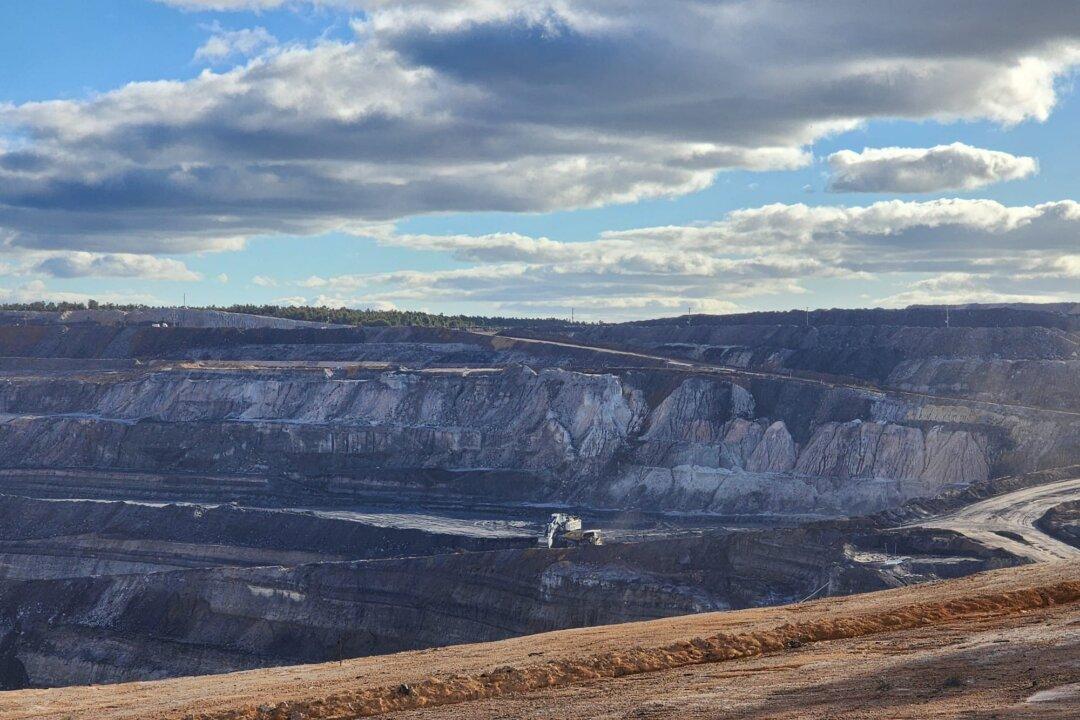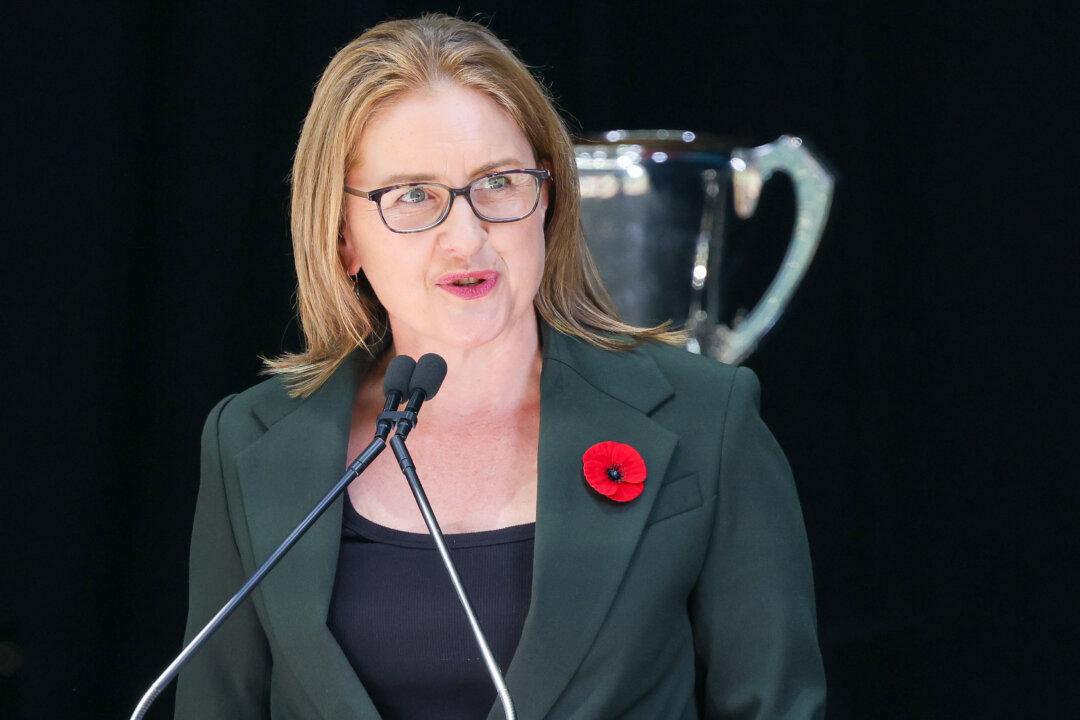Victoria is set to raise the minimum age of criminal responsibility from 10 to 12 and then 14 by 2027 after the Victorian government announced it will reform the state’s juvenile justice system.
According to The United Nations, child welfare groups, medical experts, human rights lawyers, and Indigenous advocates, the minimum benchmark should be no lower than 14.




